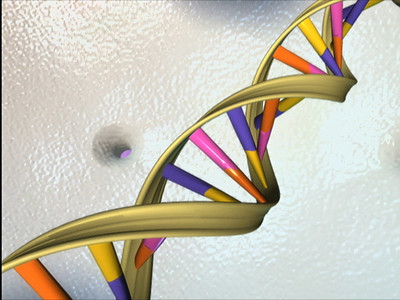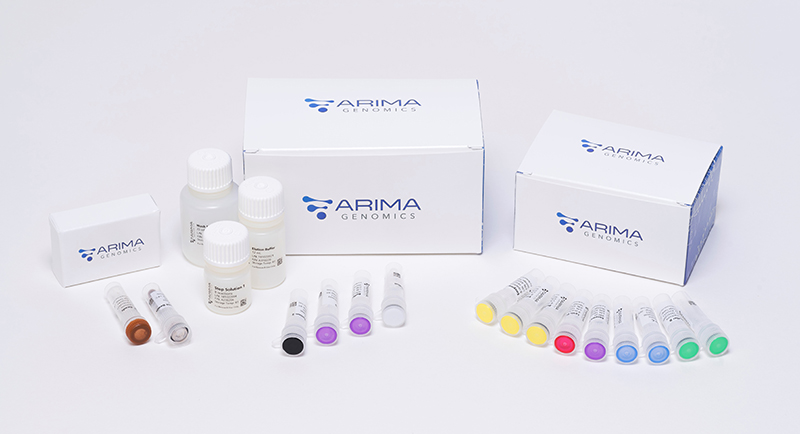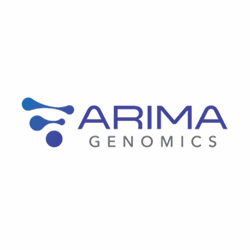 In 2003, scientists successfully decoded our DNA under the Human Genome Project, advancing our understanding of genetic diseases. But disease not only occurs if there is a coding error in our genes, but also if the DNA in our cells isn’t folded and packaged properly.
In 2003, scientists successfully decoded our DNA under the Human Genome Project, advancing our understanding of genetic diseases. But disease not only occurs if there is a coding error in our genes, but also if the DNA in our cells isn’t folded and packaged properly.
“We try to argue that the structure [of DNA] is as fundamental as the sequence itself,” says Siddarth Selvaraj, founder and CEO of San Diego-based Arima Genomics.
Selvaraj started the company in 2013 to add to the diagnostic toolbox researchers have for studying genetic diseases. Scientists already know how to look at people’s genetic code and scan for errors. Arima’s goal is to provide tools for those same scientists to study the three-dimensional structure of our DNA when it is condensed in a cell, which is very different from the linear double helix structure most of us imagine.
Two Phase I Small Business Innovative Research (SBIR) grants and one Phase I Small Business Technology Transfer (STTR) grant from three NIH Institutes helped the company test out their strengths and explore multiple avenues.
We hope these discoveries will eventually translate into either diagnoses or therapy
But Selvaraj says it was the I-Corps@NIH Program—an NIH-funded entrepreneurial training program—that really set the company up to produce their popular structural genomic kit. “I-Corps@NIH taught us how to approach the problem,” says Selvaraj. Company leaders learned how to focus on a single promising product, define a customer base, and figure out what that base wanted.
 A Phase II SBIR allowed the company to build a beta version of their genomic kit and send it to potential future customers. Selvaraj says this was a valuable learning experience. “Shipping, we realized, was not a simple problem.” They also learned what customers liked and didn’t like about the kit and tweaked it to match demand. They’ve now been selling their genomic kits since 2018.
A Phase II SBIR allowed the company to build a beta version of their genomic kit and send it to potential future customers. Selvaraj says this was a valuable learning experience. “Shipping, we realized, was not a simple problem.” They also learned what customers liked and didn’t like about the kit and tweaked it to match demand. They’ve now been selling their genomic kits since 2018.
Arima is currently working on building up their commercial infrastructure as well as making their product more accessible and more affordable.
Ultimately Selvaraj hopes scientists studying cancer, developmental biology, and neuroscience, who make up the majority of Arima’s customer base, will use the kits to make genetic discoveries that further public health. “We hope these discoveries will eventually translate into either diagnoses or therapy,” says Selvaraj.







